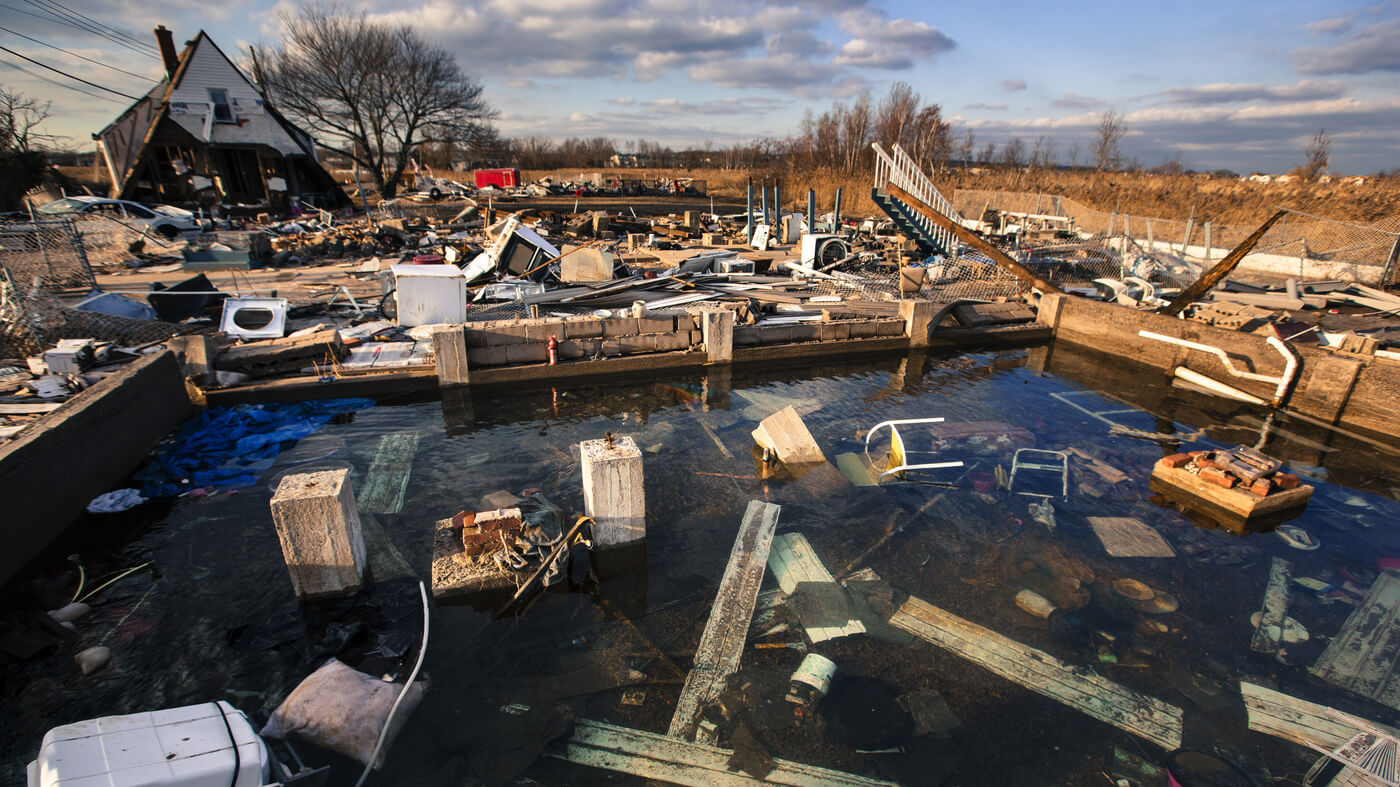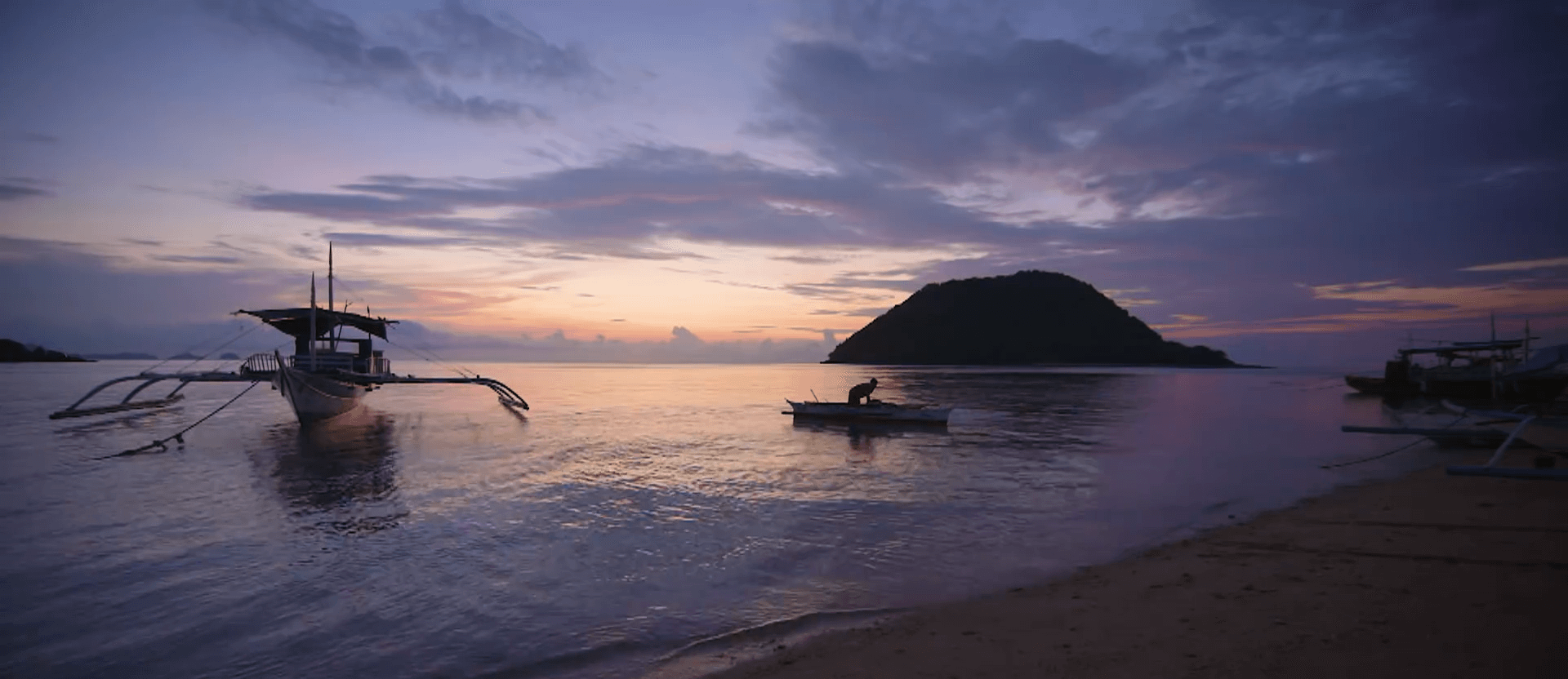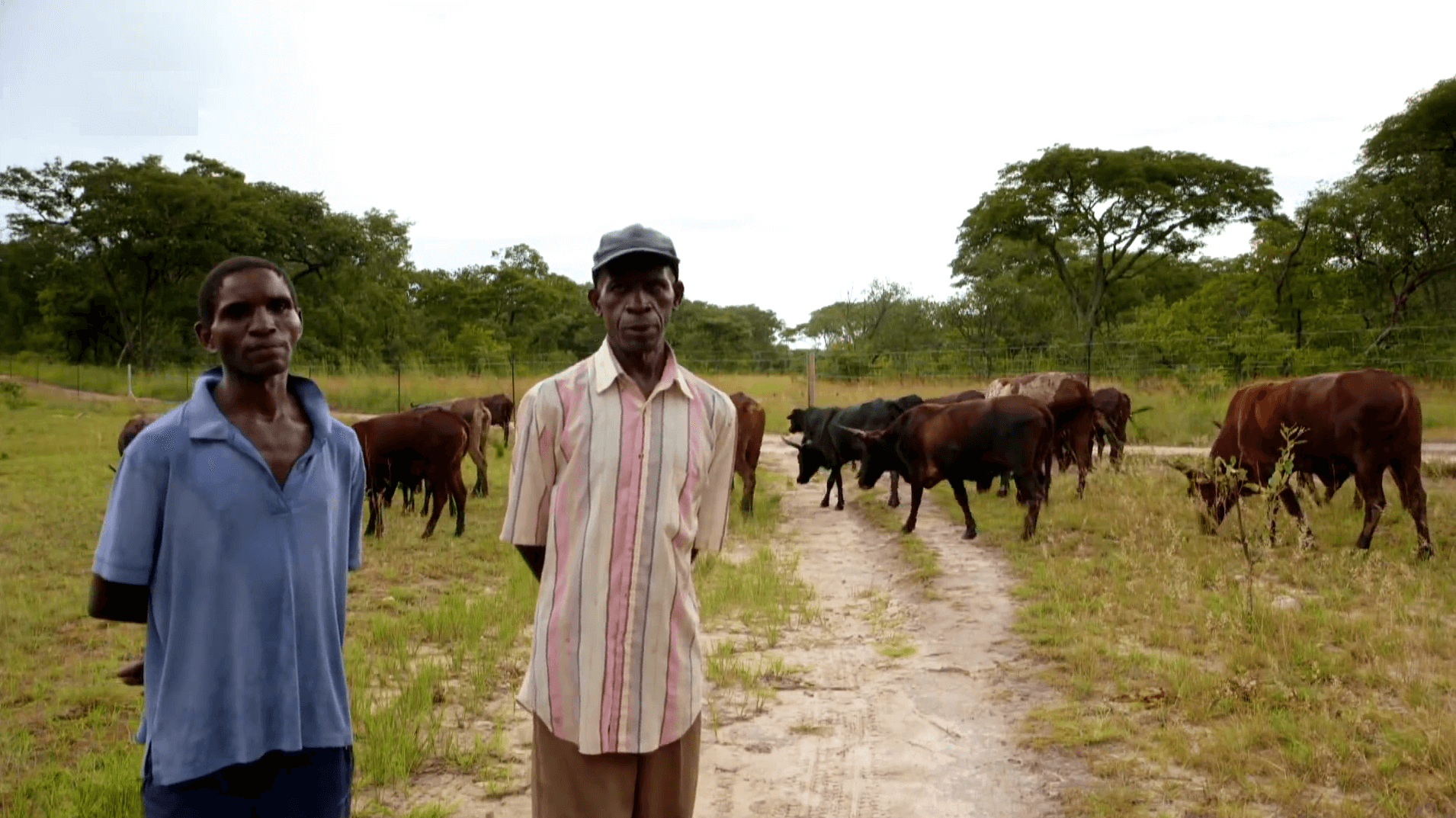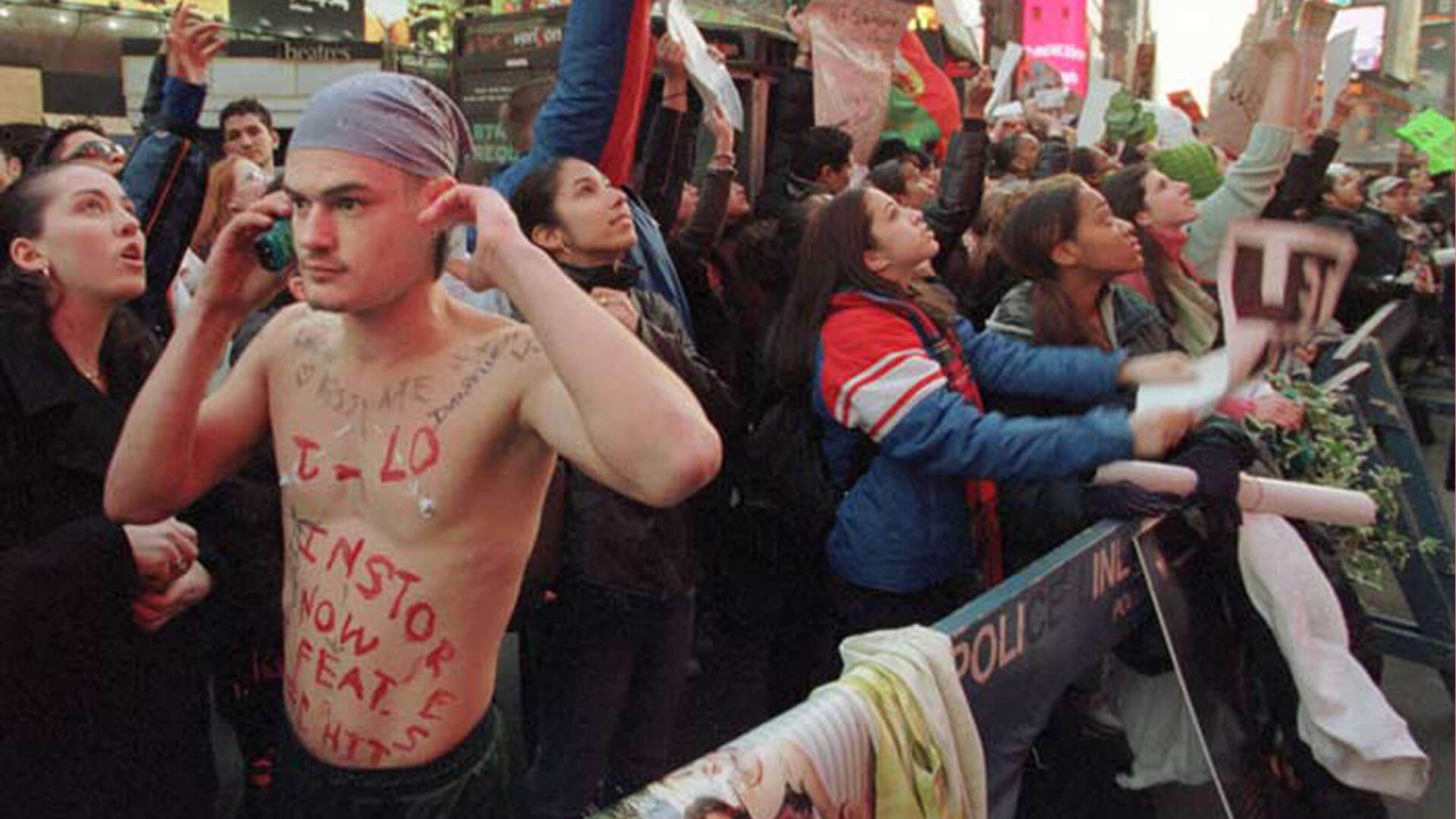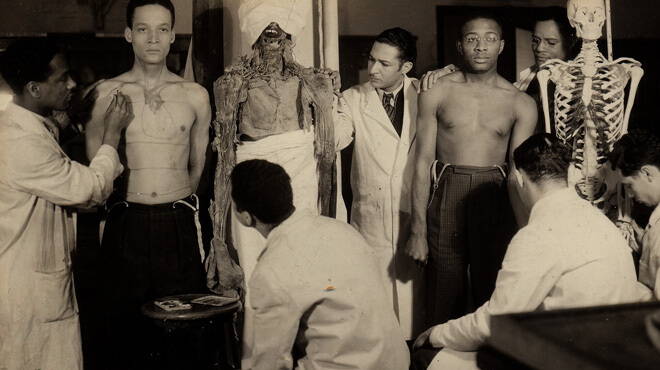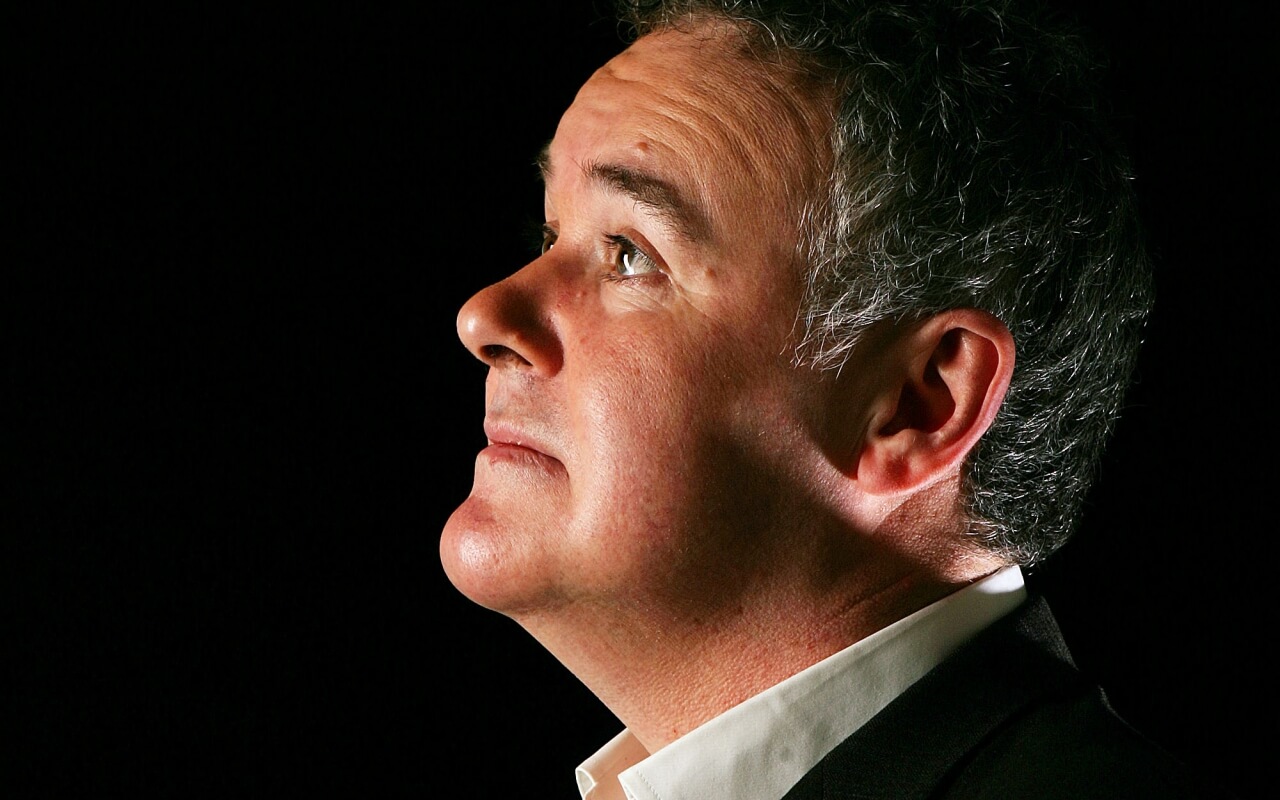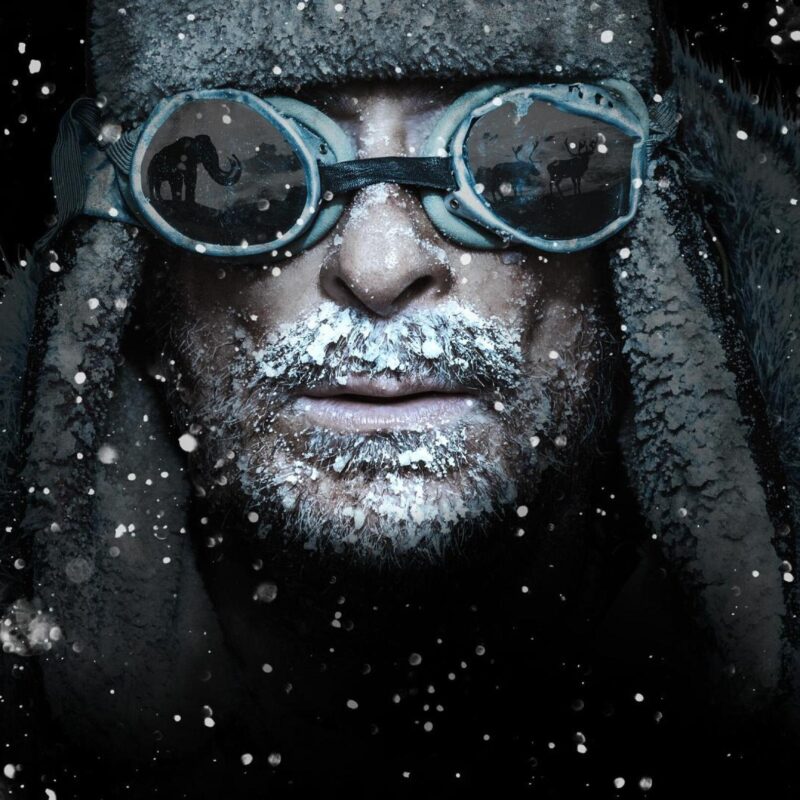description:
When disaster strikes, who profits?
For the past year, FRONTLINE and NPR have been investigating the answer to that question, focusing on the insurance companies that profited in the wake of Superstorm Sandy and the government agencies that were supposed to help people rebuild.
Beginning Tuesday, May 24, this major collaboration examines why three years after the storm, thousands of people are still not home — despite billions of dollars spent on recovery efforts.
In an hour-long documentary airing nationwide on PBS stations Tuesday May 24, multiple radio pieces on NPR starting that same day, and a virtual reality film coming to Facebook, Business of Disaster reveals that private insurance companies working for the government have made hundreds of millions of dollars at the same time that thousands of homeowners are claiming they have been underpaid.
“We found that disasters like Superstorm Sandy aren’t a disaster for everyone,” says NPR investigative correspondent Laura Sullivan, who along with FRONTLINE producer Rick Young and his investigative team has spent the past year digging into how Sandy recovery dollars were spent. “For some, disasters are big money. We saw thousands of storm survivors stuck in bureaucracy and red tape, insurance companies and contractors making millions in profit, federal aid not reaching homeowners – and government agencies admitting they failed in their efforts to help when people needed it most.”
The FRONTLINE and NPR investigation examines two key parts of the disaster recovery system — the federally backed flood insurance program, and the special housing aid Congress gives to local governments after major disasters — and the many complaints and problems that surfaced about them after the storm.

